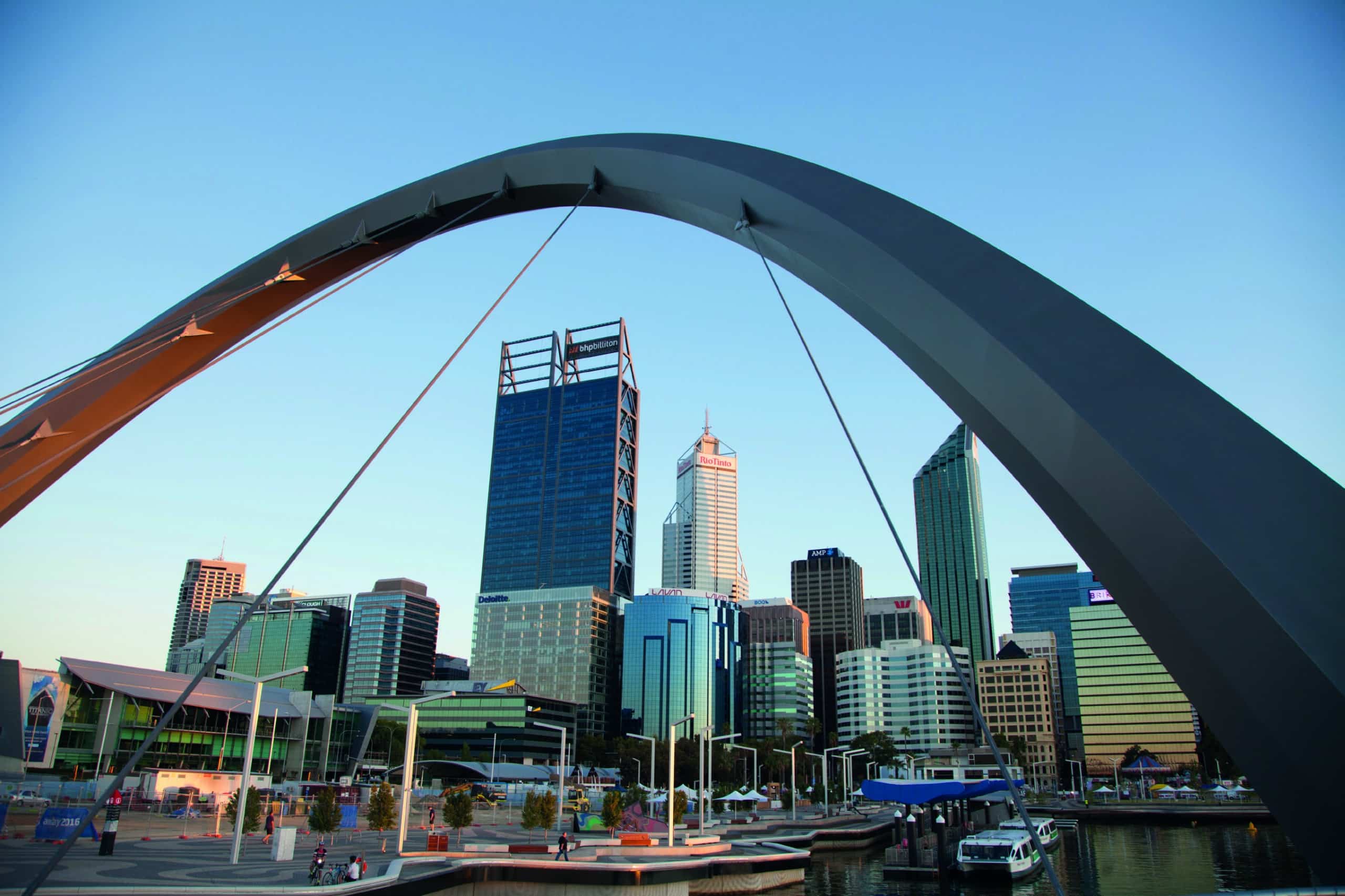Offshore oil and gas projects are normally the domain of mega-sized energy companies with big budgets and big ambitions.
Look no further than WA’s recent $200 billion LNG construction boom, which was engineered by the likes of Chevron, Shell, Woodside and Inpex.
But sometimes, smaller is better, according to Western Gas Executive Director Andrew Leibovitch. His company shot to prominence in November when it bought the Equus gas project from Hess Corporation for an undisclosed sum.
The US energy giant spent an estimated US$1.5b over a decade on Equus, trying to muscle its way into the global LNG export sector. Hess found two trillion cubic feet of gas, but this fell short of its lofty expectations.
It then became bogged down in fruitless efforts to gain access to third-party LNG processing infrastructure, forcing Hess to eventually exit WA and sell the project.
Enter the minnow – Western Gas – a start-up run by several petroleum industry veterans with a clever plan based on the belief that Equus is better suited to domestic sales than big budget LNG exports.
Western Gas is now heading into front-end engineering design (FEED) for a project expected to cost $2.7b. It is shooting for a final investment decision late next year and first production in 2023.
Leibovitch is confident of securing customers, given recent forecasts of a shortfall in WA gas supply from 2021 as old fields decline and North West Shelf contracts expire.
The Nedlands-based company aims to develop the gas, along with 42 million barrels of condensate (a type of light oil) via a floating production storage and offloading unit and a 220km pipeline to Onslow.
“We are running our own race,” Leibovitch said.
“We’ll look to develop our own offshore infrastructure and pipeline to come into the beach, and then utilise the Dampier to Bunbury Pipeline infrastructure. We anticipate the initial phase to be in the order of US$2b ($2.7b).”
As a junior company with about six full-time employees, Western Gas will be heavily reliant on contractor expertise in the early stages of the project.
“Partnering is critical to bring in the technical experts,” Leibovitch says.
“But our philosophy is to ask, ‘Where is the expertise and how do we tap into it’? Some of it will be through bringing in employees – some will be consultants with expertise in a certain area.”
And he reminds people that there is already plenty of in-house expertise.
“Yes, there are only six of us – but they’ve probably got 130 years of experience between them in the gas industry,” he says.
Leibovitch was general manager at Woodside for its eastern Australian gas unit business, while Will Barker, the other founding director, was general manager LNG at Arrow Energy in Queensland.
“Hess spent US$1.5b on doing the large company approach, studying everything to death, reporting on everything and not leaving one screw unturned,” he says.
“We have all the value of that information – what we need to do now is take the discovered resource and turn it into a viable project.”
“The beauty of this is that it’s development ready. It’s now a case of let’s match this independently certified resource base with the market and that’s where we see 2023 as having multiple opportunities.”
Leibovitch insists the project has “always been economic”, despite Hess’s failure to get up an LNG project using processing infrastructure owned by the likes of Woodside or Chevron.
“It suffered from that strategic drive, the concept of needing to deal with third parties,” he says. “It is like every big gas project – you need a market to underpin it.”
The initial task, however, is to get an engineering contractor on board. The company has opened a data room and issued a request for proposals from international oil and gas service providers to design, plan and build Equus.
“By forming a strong project development partnership with the contractor, we will be able to leverage the extensive technical and engineering work completed on the project to date,” he says.
Project development services being sought by Western Gas include full field development, including drilling, subsea, offshore processing and a gas pipeline to shore. The company is hoping to award a contract early in the third quarter to allow for “pre-FEED” work, Leibovitch says.
This will trigger regulatory and local content processes, leading into the fully-fledged FEED stage from early next year once customer arrangements are secured, he says.
The FEED study will only consider the base case of building the pipeline to Onslow.
But Leibovitch hasn’t ruled out investigating existing or planned infrastructure, given that both Chevron and Woodside have proposed building sub-sea pipelines to the Burrup Peninsula.
“However, we cannot allow negotiations with third party infrastructure owners to delay the development of this new source of gas supply,” Leibovitch says. “Spare North West Shelf LNG production capacity coupled with expected increases in gas demand early next decade are real catalysts to accelerate the development of WA’s gas resources.”
He says the availability of skilled labour in WA will be one of the critical factors in developing Equus: “In WA, we have built a fantastic centre of excellence (in oil and gas) and we intend to leverage that”.
But, with activity having dried up in the recent downturn, it was critical to keep a solid pipeline of work going. “Otherwise the capacity and capability can fly offshore, whether its Mozambique, West Africa or Latin America,” he says.
If Leibovitch has his way, Western Gas will be punching well above its weight: expanding that WA centre of excellence by bringing Equus to market.
This article first appeared in WA Works, the state’s leading source of major project and supply chain news.
► Subscribe to WA Works today, the number one source of WA supply chain and major project news. You’ll receive a quarterly magazine and fortnightly e-newsletter, plus the exclusive Major Projects List and WA Works Directory. Read more here.












